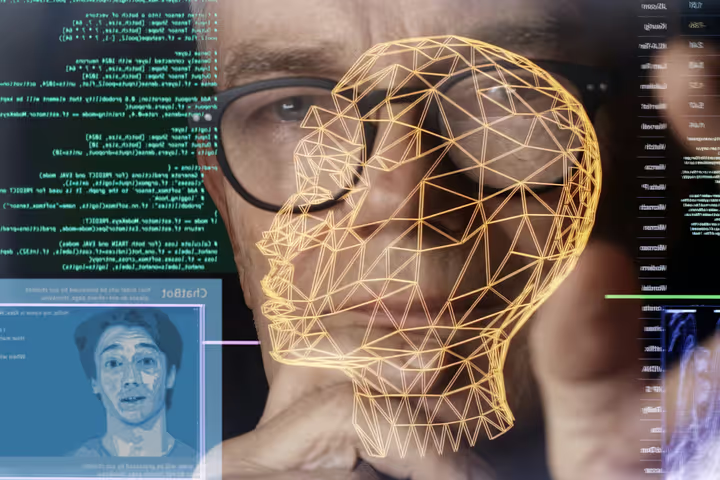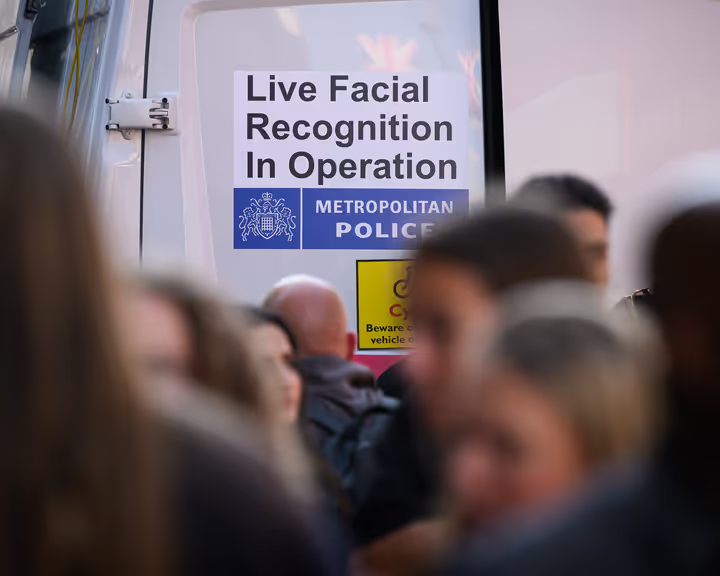The Ethics Audit: Should Every AI Model Be Certified for Bias?
As AI impacts decisions from hiring to healthcare, is it time for mandatory bias certification? Explore the case for AI ethics audits.

Can You Trust an Uncertified AI?
Imagine applying for a job, getting denied a mortgage, or being flagged by law enforcement—all because of a biased algorithm. As AI increasingly governs decisions with life-altering consequences, the question isn’t just what it can do, but how fairly it does it.
That’s why a growing number of experts are calling for a bold new idea: mandatory ethics audits. In other words, should every major AI model be certified for bias—just like cars are crash-tested and food is inspected?
Why AI Bias Isn't Just a Bug—It’s a Systemic Risk
Bias in AI doesn’t happen by accident. It’s often embedded in training data, shaped by historical inequalities, or magnified by opaque algorithms. Some alarming examples include:
- Hiring algorithms that penalize women’s resumes
- Credit models that disproportionately reject minority applicants
- Facial recognition systems that misidentify people of color at higher rates
According to a 2023 MIT study, nearly 65% of AI systems deployed in sensitive sectors showed measurable bias. When AI acts unfairly at scale, the results aren’t just unethical—they’re dangerous.
The Case for Bias Certification
Bias certification would involve subjecting AI models to third-party testing for fairness, accuracy, and accountability. Just like FDA approvals or building safety inspections, AI audits could become a prerequisite for high-stakes deployment.
Key components of an AI ethics audit might include:
- Dataset transparency: Where did the training data come from?
- Outcome analysis: Does the model produce disparate impacts on different groups?
- Redress mechanisms: Can affected users challenge or appeal AI decisions?
Think of it as ethical due diligence—a way to ensure AI models aren’t just powerful, but principled.
The Push From Policymakers and Public Pressure
Governments are starting to act. The EU AI Act classifies biased systems as “high-risk,” requiring documentation and audit trails. In the U.S., the White House’s Blueprint for an AI Bill of Rights demands algorithmic accountability.
Meanwhile, companies like Meta and Microsoft are investing in internal AI ethics boards and third-party audits to get ahead of the regulatory curve—and public backlash.
But without a global framework, enforcement remains inconsistent. A formal certification process could be a first step toward standardizing AI trustworthiness worldwide.
Challenges to Watch
Of course, certifying AI for bias is easier said than done. Ethical frameworks differ by culture. Algorithms evolve over time. And companies might resist transparency, fearing reputational or competitive damage.
That said, the alternative—unchecked algorithmic discrimination—carries far greater risk. Certification isn't a silver bullet, but it could be the beginning of a more just AI era.
Conclusion: Certify Before You Amplify
As AI systems gain more power, so must our scrutiny. Ethics audits for bias aren't a burden—they’re a baseline for building public trust.
If an AI model can shape your future, shouldn't it first prove it can be fair?


